We live in a modern, progressive and independent India. But who was the first Indian who laid the foundation to this modern nation where people are allowed to talk freely? Undoubtedly, it was Raja Ram Mohan Roy.
Ram Mohan was born on May 22, 1772, in the Hooghly district of Bengal. His father, Ramakant Roy, was a wealthy landlord and his mother, Tarini Devi, was a religious woman.
When Ram Mohan was born, the condition of the country was miserable. People in India practised several evil acts like the purdah system where women had to cover themselves from head to toe or be hidden behind high walls and curtains outdoors and even inside their homes; Sati—a practice where widows had to jump in the funeral pyre of their dead husbands; child marriage, an act where children below the age of 18 were married; and female infanticide where newborn female babies were killed. These social evils were practised throughout the country.
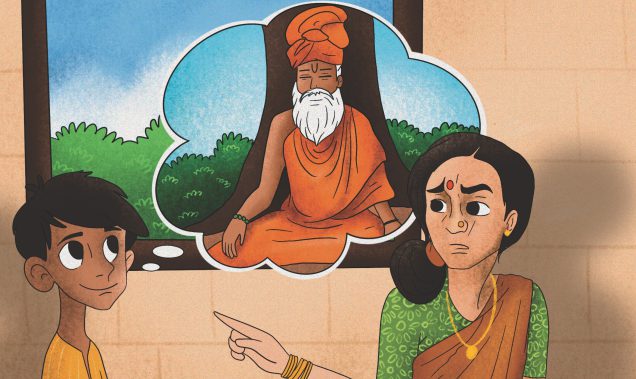
Many people in the country were not educated and believed in superstitions, which made the society unsafe, especially for women who had to do what they were told. There was no hope of improvement.
But just when all hope was lost, Ram Mohan came forward and took the responsibility to reform the society. But his path was not easy. He faced constant resistance everywhere, be it at home or outside.
He, too, was a victim of child marriage. He was first married when he was 9 years old. His first wife passed away at a very young age and soon his second marriage was held at the age of 10. He had two sons—Radhaprasad and Ramaprasad. His third marriage was with Uma Devi in the late 1820s.
At the age of just 14, he wanted to become a monk. But his mother opposed his decision and he let go of his ambition.
Soon, he travelled to Patna to study Arabic and Persian languages.
In Kashi (now known as Varanasi), he learned Sanskrit from the pundits and also studied the Vedas and the Upanishads— ancient Sanskrit literature that taught him to believe in the truth and accept nothing but the truth. The Vedas taught him that idol worship is unnecessary as God doesn’t have a body and is pure and cannot be created by man.
These lessons had a great impact on Ram Mohan and he began to question idol worship and several religious rituals.
This led to a life-changing incident in his life. His father was a devoted idol worshipper while Ram Mohan wasn’t. One day, a debate broke out between him and his father about idol worship.
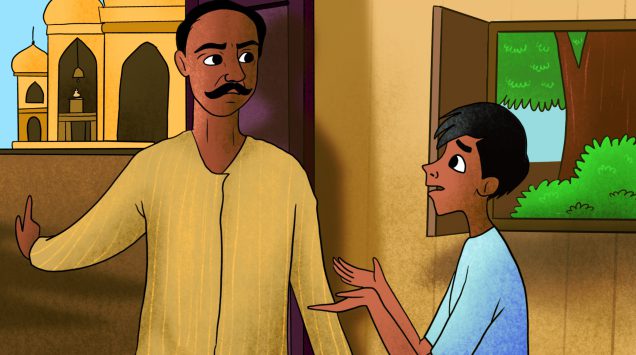
Ram Mohan said, “Father, why do you worship idols? You should only believe in god. The idols are created by man and worshipping them is meaningless!”
His father was deeply offended and said, “Where did you learn such nonsense? Idol worship is a means to reach God.”
“Father, why not worship him directly? What’s the need for a medium for that?” asked Ram Mohan.
The argument enraged his father and Ram Mohan left his house.
In 1803, when his father passed away, he began opposing idol worship and rituals openly.
He supported monotheism as described in the Vedas. Monotheism means all gods are one and only have different names.
He deeply believed in it and wrote a book in Persian called Tuhfat-ul-Muwahidin or The Gift of Monotheism.
In 1805, he met John Digby, a British officer who taught him English. This helped him understand the lifestyle and practices of people in English-speaking countries.
From 1809 to 1814, Ram Mohan lived in Rangpur city (now in Bangladesh). While earning for his family, he met people of all religions. He understood that to fight social evils, he would not get any support from society. So, he kept increasing his knowledge and experiences.
In 1814, Ram Mohan moved to Kolkata. In 1815, he founded the Atmiya Sabha—an organisation that invited people to share their ideas.
In 1817, he founded the Hindu College in Kolkata to promote modern education and English language. He wanted the number of literate people to increase as only then would they question the society and its evil practices. He believed that educated people will think rationally.
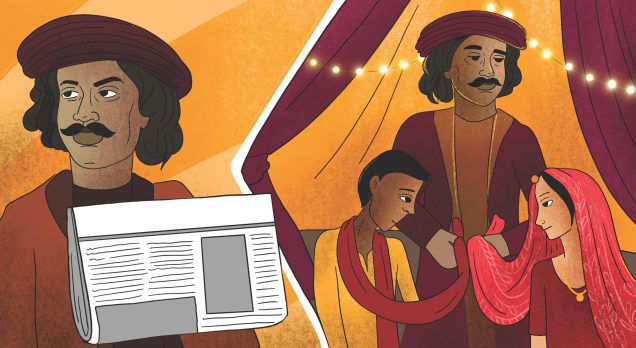
Ram Mohan’s work against the practices of the society was not welcomed by many and he had to face several challenges but he never lost courage and kept fighting and spreading awareness.
To reach the masses with his teachings, in 1821, he launched a Bengali newspaper Samvad Kaumudi and a Persian newspaper Mirat-ul-Akhbar in 1822.
In these newspapers, he wrote about the evils prevailing in the society like Sati, child marriage, purdah system and many others. His writings encouraged people to think about reforming the society.
People were forced to think:
“Why do we get children married when they are supposed to play at that age?”
“Why do we burn women alive on the funeral pyre?”
“What is the need for keeping women behind the purdah and separating them in society?”
“Why can’t we let widows have a new life of dignity by getting them remarried?”
The exact answers to such questions could be found in the writings of Ram Mohan. This marked the beginning of a reformed society.
In 1828, he founded the Brahmo Samaj and continued to fight for various social reforms through this organisation.
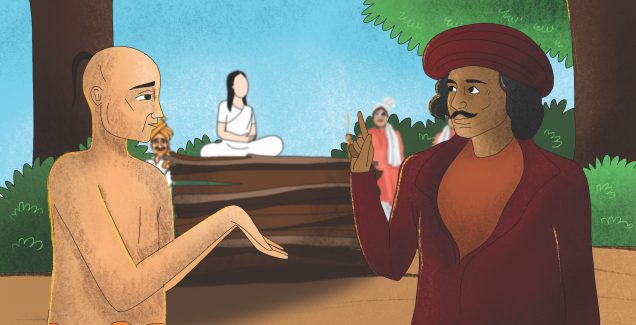
He achieved success in some parts of the country.
But Ram Mohan’s biggest success was the abolition of Sati. The practice of burning the wife alive on the husband’s funeral pyre was carried out for hundreds of years. It was a terrible practice where the woman was forcibly burned.
Ram Mohan took the battle of Sati from India to England. Due to his efforts, the British government banned Sati on December 4, 1829.
In 1831, the Mughal Emperor Akbar II gave the title of ‘Raja’ to Ram Mohan Roy.
He died on September 27, 1833, in Bristol, England. In his honour, the British government named a pedestrian path in Bristol as ‘Raja Ram Mohan Walk’.
Rabindranath Tagore, a famous poet, described him as the Father and Maker of Modern India.



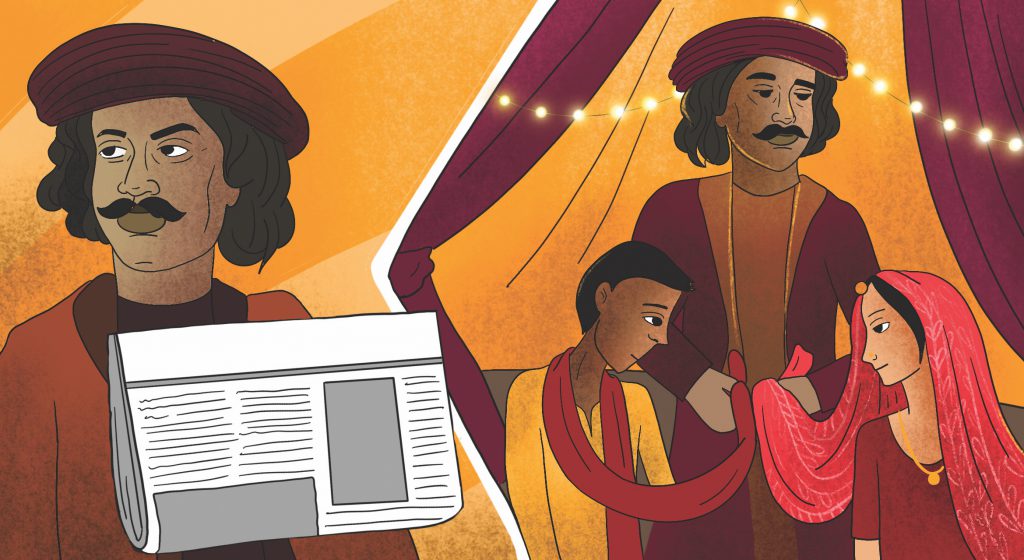








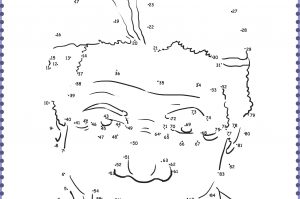

COMMENT